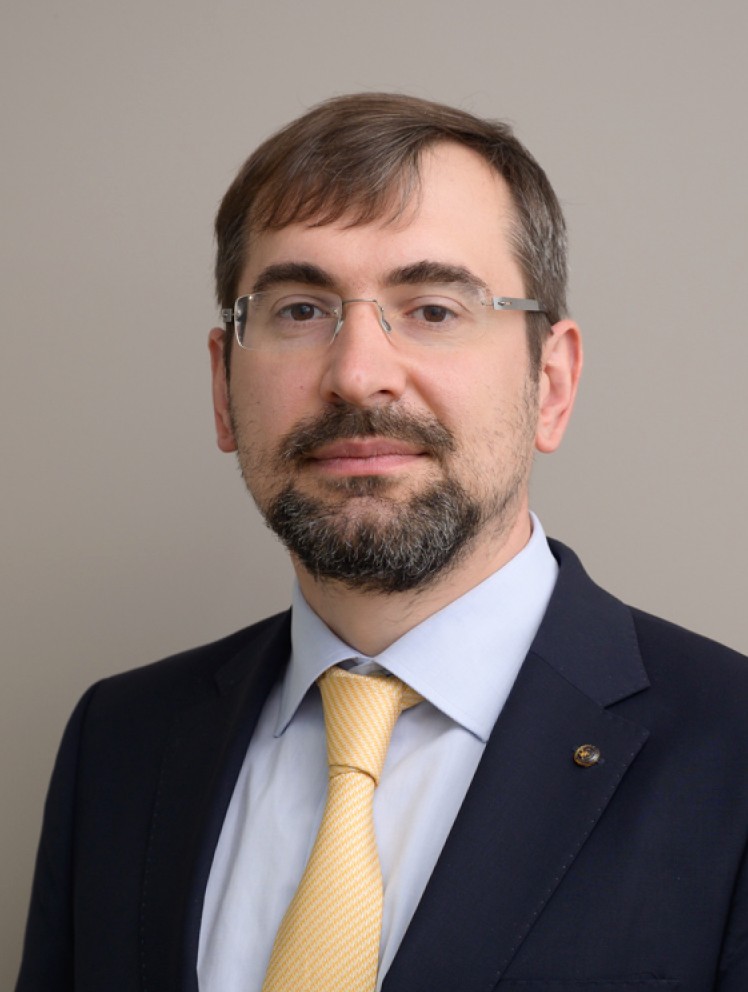Pravo.ru quoted Arthur Zurabyan in an article titled “Postponement cannot be considered: How the courts work in the coronavirus era”
Source: Pravo.ru
Postponement cannot be considered: how the courts work in the coronavirus era
On the evening of 18 March, the Presidiums of the Supreme Court and the Council of Judges adopted a joint decision because of the threat emanating from the proliferation of the novel coronavirus. The document obliged the courts to temporarily suspend the personal reception of citizens. It recommended that all procedural documents be sent electronically or by mail. The decision restricted access to the court for all, except for those directly involved in a proceeding.
During the period the decision covers, the courts should consider only cases of a simplified or urgent nature–the establishment, extension, or cancellation of a restraint measures and decisions on urgent medical intervention. If it is technically possible, the recommendation is to hold a meeting by video conference.
Supreme Court as an example
Following the announcement of court restrictions, the Supreme Court followed the guidelines in its work. Between 30 March and 3 April, the court conducted no receptions, and it asked that all documents come to the court through the post or by means of the court’s website, using an electronic form.
There also were fewer sessions. For all ten complaints scheduled for consideration during a “nonworking” week, the board of economic disputes made the decision to postpone the proceedings. All trials have been adjourned from late April to early May. Between 30 March and 3 April, 12 cases were to take place at the civil affairs bench. Of these, only four have been postponed (two on 6 April), and the judges have delivered their judgement in all other cases. The criminal panel was scheduled to hear only two cases, but it decided to postpone their consideration. The appeals panel was to hear seven cases. The Presidium of the Supreme Court did not hold any meetings.
The Courts of General Jurisdiction: Lawyers’ stories
As practicing lawyers noted, the heads of courts in different regions interpreted the ruling differently, and it sometimes it became impossible to predict whether the court was to consider a dispute in the absence of representatives and whether it is necessary to plan business trips and cover their costs.
Artur Zurabyan, the head of the Dispute Resolution and International Arbitration Practice at ART DE LEX, told Pravo.ru that his colleague took part in sessions of several courts of general jurisdiction in Moscow (Basmanny, Tagansky, Preobrazhensky, and Meshchansky District Courts of Moscow) to extend the period of arrest for shares of a legal entity in a criminal case. The hearings took place between 20 March and 2 April 2020, but the attempts to postpone the trial, taking into account the measures to combat COVID-19, had no effect. The issues were considered on their merits.
“There were significantly fewer people in the courts than usual. No spectators were allowed. In the Basmanny Court, all those who arrived for a hearing were kept in the corridor, while in the Meshchansky Court, people were kept in the street until the completion of the previous trial, and then the court invited them separately.”
Alexander Kulikov, a lawyer at the Olevinsky Legal Bureau, Buyukyan and Partners, said that “on 24 March, I took part in the consideration of a cassation appeal in a civil case in the Second Court of Cassation of General Jurisdiction. On the wall at the entrance to the court, there was a printout of the 18 March joint decree of the Presidiums of the Supreme Court and the Council of Judges, in which it was written, in black and white, that the courts should consider only urgent cases.” According to Ivan Veselov, a partner in the dispute resolution practice of Bryan Cave Leighton Paisner (Russia) LLP, this court continued its work “almost in its normal mode.”
"It is quite possible that this is due to the fact that the list of urgent cases, which the Supreme Court formulated, is open, that is, it is impossible to anticipate completely the various circumstances, especially when preparing regulatory documents in such a short time. In this regard, in some cases, the assessment of the urgency of the case may cause controversy,” emphasized Yulia Litovtseva, a partner of the Pepeliaev Group.
In a week, the second cassation court made a decision on almost all the issues assigned for consideration both in civil and criminal cases. This is apparent from the column titled “The results of hearings” in its schedule. However, from 30 March to 3 April, court activity decreased, and after 31 March, the court has not published any information about any decision made in a civil dispute.
Read the full version of the article at https://pravo.ru/story/220219/?desc_tv_7=.
